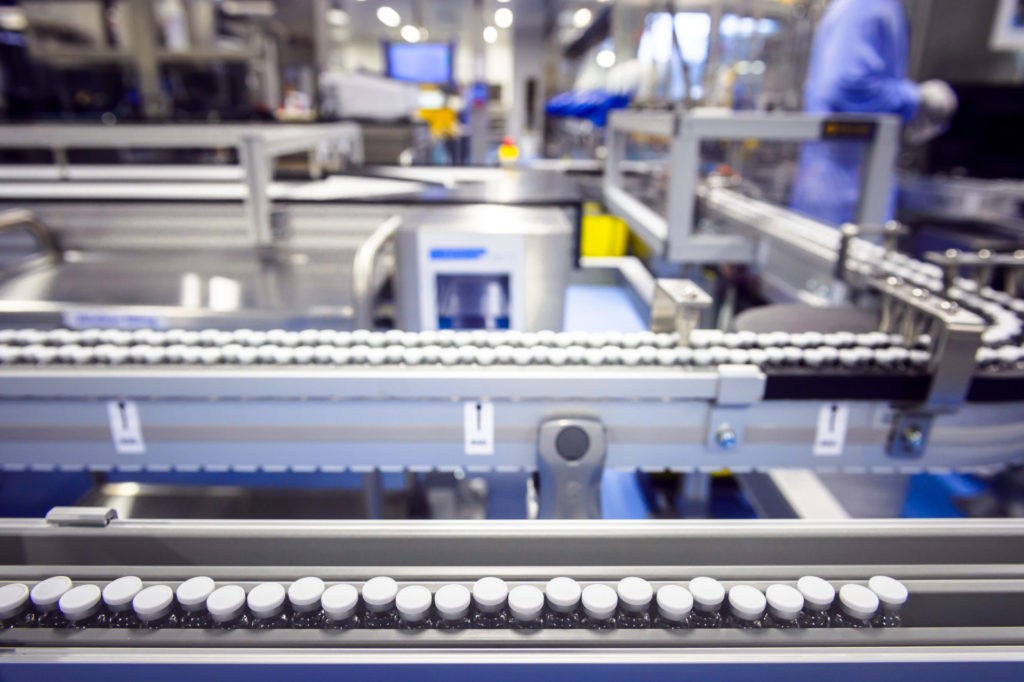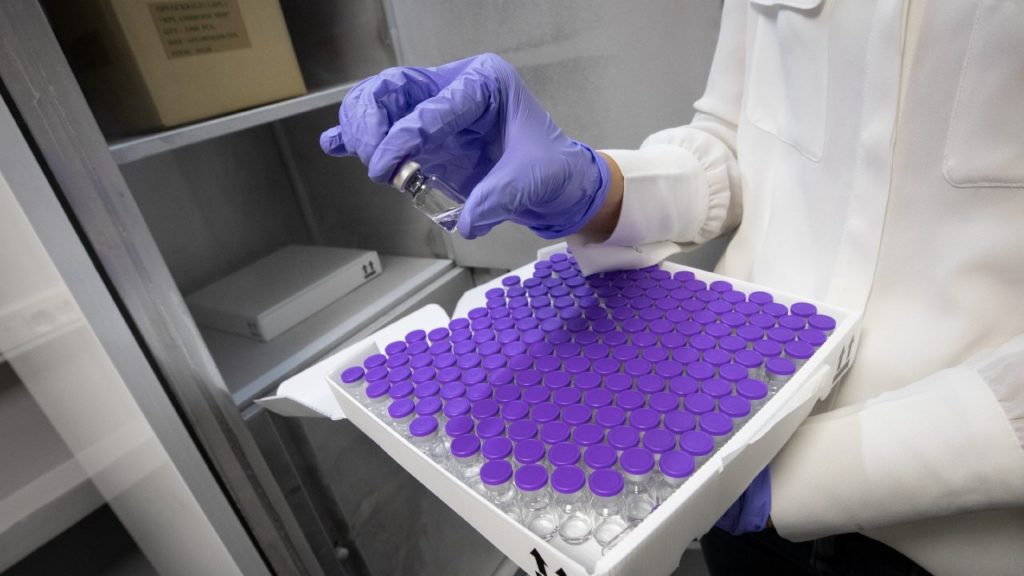On top of the import taxes already announced, United States President Donald Trump also wants to impose tariffs on the import of pharmaceutical products into the US – something that would heavily impact Belgian companies.
Belgium exports €216 million worth of biopharmaceutical products every day, including the many vaccines produced in Belgium. In 2024, this amounted to €79 billion in exports. The US accounts for almost 24% of Belgian biopharmaceutical exports – much higher than the US share in total Belgian exports (6.8%).
The Belgian sector organisation, pharma.be, confirmed to The Brussels Times that it is awaiting the concrete implementation of the American announcement before responding.
"The United States is – and has been for years – our most important trading partner by far," the sector said in a statement. Belgium's biopharmaceutical sector is highly dependent on the US and it is one of the sectors that would be hit hardest by a disruption in demand from the US.
'Cause for concern'
Within Europe, Belgium is in the top three countries with the largest biopharmaceutical exports to the US, including for vaccines specifically.
During a dinner of a Republican political committee, Trump said that he would be announcing "high tariffs" on pharmaceutical products "very soon." According to him, these import duties will encourage pharmaceutical companies to move production to the US.
On Wednesday morning, the value of many pharmaceutical shares fell in Europe; at around 10:40 there were losses of around 5% for companies such as AstraZeneca and Sanofi. In Brussels, UCB was dangling at the very bottom of the Bel20 star index with a loss of more than 7%.
"The latest figures are cause for concern," said pharma.be's CEO Caroline Ven in a statement last week. "It is clear that we are no longer dealing with the familiar 'business as usual' situation that we have known in recent years, in which we only saw growth figures and positive developments in terms of employment and exports."

A production line at Pfizer Puurs in Antwerp. Credit: Pfizer
"Now that the US is also confronting our country with high import duties, it is clear that Belgium and the EU must review their strategy," she said, adding that the sector is not in favour of heavy countermeasures by the EU. "These will have a negative impact on healthcare, and ultimately on patients."
Last week, the organisation said it was "somewhat relieved" but "vigilant" when the pharmaceutical sector was not mentioned in the first American tariff salvo.
The Brussels Times contacted Pfizer, whose factory in Puurs in the Antwerp province became well known for producing the company's Covid-19 vaccine during the pandemic. However, the company will not comment until concrete measures are announced.
'Rapid and radical'
The day before Trump announced the first tariffs, CEOs from the European pharmaceutical sector had already warned the European Commission of an "exodus to the United States."
Without a "rapid and radical" change of course, it is likely that research, development and production in the pharmaceutical sector will move to the US, they said following a meeting with European Commission President Ursula Von der Leyen.
A recent survey by the European pharmaceutical association EFPIA, in which 18 large and medium-sized companies responded, shows that up to 85% of capital investments (around €50.6 billion) and up to 50% of R&D expenditure (around €52.6 billion) are potentially at risk. The figures come from a planned investment of €164.8 billion in the period 2025-2029 in the 27 Member States.
In the next three months, €16.5 billion of this will be at risk, according to the EFPIA website. Even before the threatening tariffs, the US was already better for the sector in terms of capital, speed of approval and intellectual property, they said.
They therefore reiterate their plea for a stronger, competitive European market that rewards innovation, with a better regulatory framework, equal rules throughout the EU in terms of environmental and chemical regulations and better rules for intellectual property.

